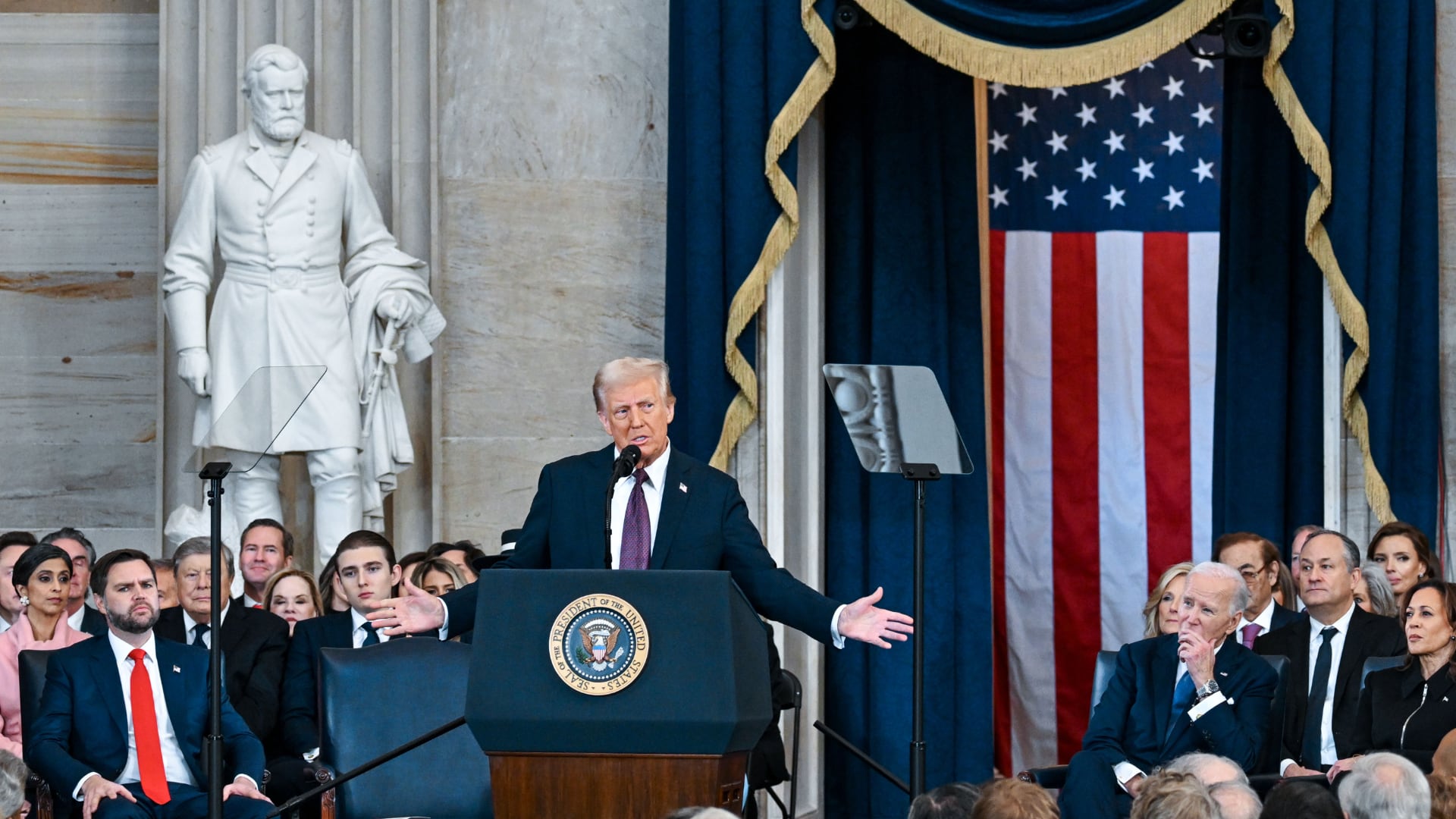NAACP President and CEO Derrick Johnson told Cheddar he is "not surprised" a recent meeting between Facebook and civil rights organizations did not end as hoped.
The social media giant reached out as major advertisers pulled marketing campaigns, unhappy with the company's decision to allow hateful content and misinformation to live on the platform.
"Unfortunately we’re not surprised. After two years of discussion with Facebook, we’ve heard statements of value, we’ve heard statements of concern, and how we all agree. What we have not seen is action," Johnson stated.
The recent ad boycott began in the weeks after the police killing of George Floyd. As massive demonstrations took place across the county, Trump posted a message on Twitter and Facebook, warning, in part, "when the looting starts, the shooting starts." Twitter opted to issue a warning about the post, while Facebook decided to let it remain unaltered. Zuckerberg explained in a post that the company's "position is that we should enable as much expression as possible unless it will cause imminent risk of specific harms or dangers spelled out in clear policies."
"For Mark Zuckerberg or anyone else to suggest that hate speech is ok as long as it’s partisan, that’s asinine thinking," Johnson said.
Refusal to curb the spread of hate speech and misinformation on Facebook, Johnson said, threatens American governance.
"If we demean the civility of our discourse to say that if someone says something racialized, it’s ok, it’s partisan, that’s no way to run this democracy," he noted.












